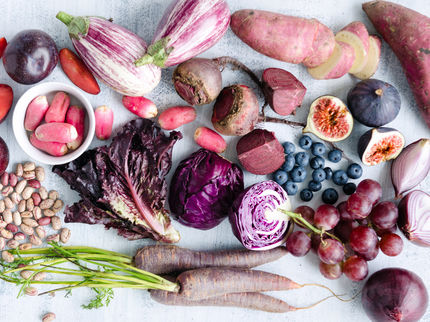V-Label strengthens consumer research by YouGov
Data on licensed products enable evaluation of plant-based purchasing behavior
Advertisement
The V-Label strengthens the analysis of plant-based consumption in Germany: Since the end of 2024, the Shopper Panel of YouGov Consumer & Shopper Intelligence, formerly Consumer Panel Services (part of the GfK Group until 2023), has included all products labeled as vegan with the V-Label seal of approval under the new "Vegan" label. To this end, the nutritional organization ProVeg, which awards the seal in Germany, provides the market researchers with a list of all plant-based products licensed in Germany with the V-Label.
Plant-based consumption is highly dynamic
The market for fast-moving consumer goods (FMCG) comprises retail products that consumers consume frequently and regularly. This includes food and beverages, but also cosmetics and cleaning products. This market is currently undergoing major changes, as the market researchers at YouGov reveal in their consumer analyses.
The YouGov Shopper Panel study "The change in plant-based alternatives - it's bubbling under the covers" revealed that the proportion of consumers who are reducing their meat consumption is now 46%. 22% of consumers consider plant-based alternatives to dairy products to be a real alternative to animal dairy products, 6 percentage points more than in 2023.
Compared to the FMCG market as a whole, the frequency with which consumers buy plant-based products has increased particularly significantly by 5%. Sales in the segment also increased by 10% - compared to growth of 2% in the overall FMCG market. Discounters and drugstores in particular are driving this development: In discount retail, the quantity of plant-based alternative products in demand increased by 114 percent between 2020 and 2024.
Understanding the needs of consumers of plant-based products
As demand has increased, so has companies' interest in data on how consumers assess plant-based products and their labeling in retail - and who exactly the consumers of these products are. The aim here can be both to tap into new sales potential and to expand their own sustainability with a view to mandatory sustainability reporting.
"Manufacturers who turn to the plant-based market have a lot to gain: new customers, a higher reputation and convincing key figures," says Cornelia Contini. She heads the V-Label team in Germany. Good data can be crucial when deciding to produce without animal ingredients: "The better companies know the customer segment, the greater their courage to break new ground."
Contini speaks from experience: her team of food and non-food experts checks products for animal ingredients and raw materials and also advises interested manufacturers on adapting ingredient lists and selecting alternatives to animal-based raw materials. "The exchange of information between the V-Label and YouGov will further increase the range of plant-based products in the retail sector," she predicts. "I expect this to be a real gain for consumers."
Note: This article has been translated using a computer system without human intervention. LUMITOS offers these automatic translations to present a wider range of current news. Since this article has been translated with automatic translation, it is possible that it contains errors in vocabulary, syntax or grammar. The original article in German can be found here.



























































